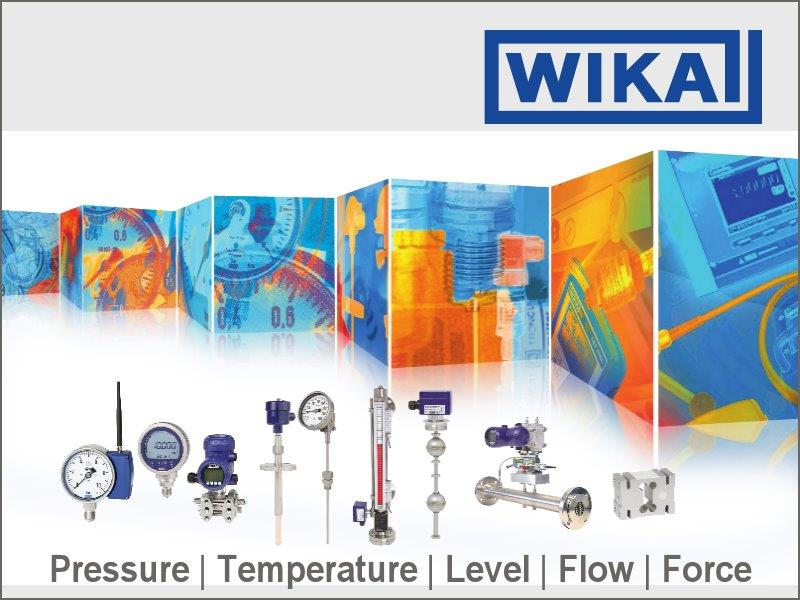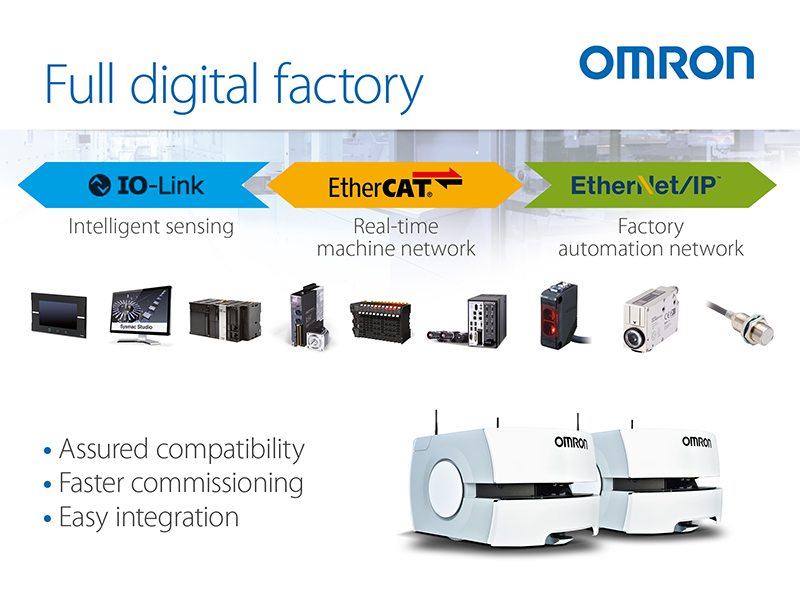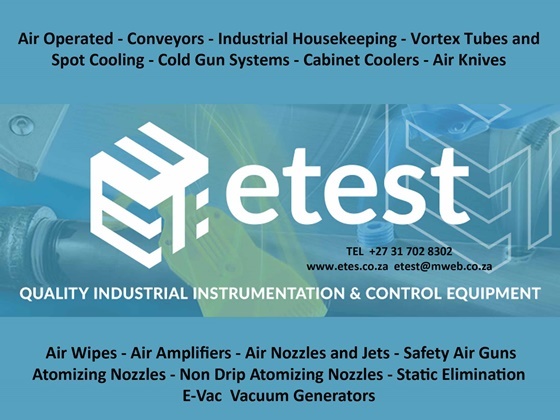Setting Up Your Valves For Success
Most valve damage is caused by installation and related issues, says JP Thysse, Senior Technician at Allmech. This includes: water damage to motor and electrical components, damage caused by power spikes, debris (sand, grit or stones) stuck in the valve, erosion or other damage caused by high water turbidity and damage due to overtightening of the valves and fittings.
“These problems are often caused by poor setup,” he says. “For example, we see internal damage because no water analysis has been done on the main raw water supply, or there’s no pre-filtration system to remove large particles. We also see water damage occurring from installations outside, with no protection from the natural elements.”
“Remember that the manufacturer’s conditions for feed water supply must be met, or your warranty will be voided,” Thysse says. “Before installing your valve, inspect the system and all the connection fittings carefully, making sure nothing is damaged during shipping. If any part is cracked or broken, please do not proceed with the installation.”
Expert setup advice
Thysse’s top advice for valve setup includes ditching the thread tape (most control valves come with O-rings, making it easier to seal the fittings used – no tape necessary), and to avoid overtightening fittings, which can crack the valve body.
“When using copper pipe, do all the soldering before connecting pipes to the valve,” he advises. “Torch heat will damage plastic parts. When using galvanized pipe onto plastic fittings, take care not to cross-thread. The brine tube and drain pipeline should not be bent or plugged, and it’s important to ensure your water pressure is within the operating recommendations. Also, change the injector fittings depending on the flows and vessel sizes, and ensure the valve has 24-hour power and water supply. I also recommend that softening/filtration plants are installed inside a building or under a roof to avoid weather damage.”
Finally, Thysse advises ensuring that the valve is connected correctly so that no hot water can flow back into the softener (install a non-return valve if necessary), and using a bypass valve so that the valve can be isolated if maintenance or repairs are required.
If your water pressure is not constant, you can consider installing a booster pump (to protect your softener’s ability to regenerate). It’s also worth installing surge protection if you are worried about dips and spikes in power supply. “Alternatively, choose a valve that has a manual override so that the unit can still change programmes when there is no power,” says Thysse.
What to do if you suspect valve damage
“Contact the Allmech office,” suggest Thysse. “We will try to talk you through some troubleshooting onsite to help you determine if the valve should be sent in for repairs. This could be done over the phone or in a video call. Alternatively, if that does not help, you are welcome to send it to us so we can test it and repair it if it is still under warranty. We will always quote you before going ahead with a repair. This way you can decide what would be better – to replace the valve or repair it. Our website also offers all our valve manuals with installation guidelines and troubleshooting.”
Allmech has the country’s only Runxin valve test facility, meaning the company can test and verify if Runxin valves are running within their parameters. “We can change various parameters, for example the water pressure, to see how the valve is completing its cycle,” Thysse explains. “The test bench helps to determine or identify potential problems on the valve. We also carry spares for all valves supplied by us. You may need to replace just one small component (valve motor, main control board or valve body for example).”
Allmech offers a 6-month warranty on parts replaced. “Our experienced in-house team can help clients with various valves, not only the Runxin range, and we offer training for field teams too. There’s even a Whatsapp group offering more technical information and solutions for various challenges other companies have overcome on site,” Thysse concludes.
Lionel Maasdorp
Allmech
Tel. +27 11 849 2731
lionelm@allmech.co.za












